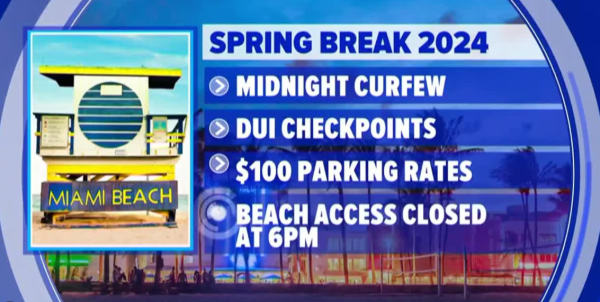How to Prepare for Exams

November 4, 2022
Exams are approaching quickly for Upper and Middle School students. We all know how stressful this time of year can get, so don’t let procrastination get the best of you! If you want to be proactive, now is the time to start cracking down and figuring out the best way to study. There are many different ways to prepare for your exams. Every person is different, so by testing out different forms of studying, you will be able to find one that suits you best. Today, I wanted to share a few of my favorite strategies for studying for exams.
- Plan ahead: You don’t want to wait until the night before an exam and start panicking that you don’t know the material and have no time to prepare. Make a schedule to start studying small parts of the material, you will be able to pass your exams with flying colors!
- Use the review guides your teachers give you: Teachers will be distributing study guides on Wednesday, November 9th. Make sure to stay on top of these materials! You need to be finished with your study guides before the official exam review day. This way you are able to utilize your review day by asking questions so that your teacher will know what to focus on and how they can best assist you.
- Flashcards: Making flashcards is my favorite way to study definitions and equations that I need to know for my exams. Flashcards are a great form of repetition of the material. They are effective on paper as well as making a Quizlet–whatever you are more comfortable with. I personally love to make paper flashcards so I can add color to them by highlighting and writing in colorful pens. By starting flashcards early and studying them every day for the next 2 weeks, you will be able to remember them with ease come exam time.
- Practice Problems: Even if you’re positive you understand a math concept, practice problems are always a good idea. By completing practice problems, you build up confidence, reduce your test anxiety, and learn to work quickly so finishing in time will not be a problem. You can also figure out which concepts you are still struggling to understand so you can focus on those concepts before your exam. Start making your own study guide with practice problems on concepts on which you know you will be tested.
- Ask for help: The benefit of starting to study early for your exam is that your teacher will hopefully have more time to help you. Once you start studying, you’ll be able to pinpoint topics you still need help on. Try to schedule a time with your teacher when they are free. Ask for help on problems you have been struggling with. If you are unable to ask your teacher, ask for help from your peers. This will benefit both of you as you help one another with concepts the other is struggling with. There is no shame in getting a little extra help!
Remember that everyone is different; these are the strategies that work best for me. The important thing is that you try different strategies and find what works for you. If you find a new way of studying, don’t be afraid to share it with your friends. After all, we are all struggling, and the only way to get through a rough exam week is together. Happy studying!










